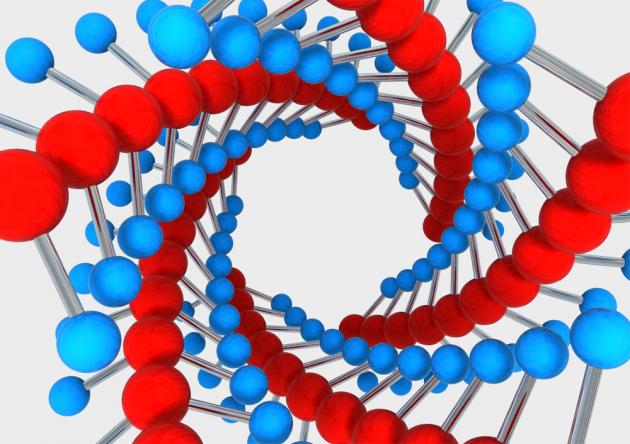Stem cell researchers and related industry officials are paying attention to the recent news that Japan’s Kyoto University will begin a clinical trial for an experimental therapy for Parkinson’s disease using the so-called Induced Pluripotent Stem (IPS) cells.
The university’s research team published a report in Nature on Aug. 30 that their treatment of implanting IPS cells, differentiated from human somatic cells, into the brains of monkeys with Parkinson’s disease successfully improved their symptoms during two years of observations.

Now, some experts even predict that IPS cells will be used to treat various incurable diseases.
IPS cells, made from adult stem cells, were first developed by Professor Shinya Yamanaka of Kyoto University in 2007. Unlike embryonic stem cells that spark a debate whether destroying human embryos is morally acceptable, reprogramming somatic cells to produce IPS cells could avoid ethical problems. IPS cells offer less immunological rejections, a major boost to researchers’ dream to realize precision medicine.
Advanced countries, including the U.S., have begun aggressively investing in R&D in IPS cells, with analysts predicting their usage in testing toxicity when developing a new drug.
However, some critics say IPS cells will not be as useful as anticipated due to their unstable and artificial process of their dedifferentiation.
“IPS cells are made through forced dedifferentiation of somatic cells. Through de-differentiation, they become retinal cells, neurons and blood vessels. In these processes, cells are under tremendous stress,” said a stem cell researcher and university professor, who wished to be unnamed.
“To put it simply, cells become mushy because they were forcefully turned back to what they were. With more studies, related treatments will be available, he went on to say. “For now, however, embryonic stem cells are much more useful as a means of treatment than IPS cells.”
The current market of IPS cells in Korea is based on non-clinical studies, according to the Biotech Policy Research Center. Cells differentiated from IPS cells can vary, such as cardiac muscle cells, nerve cells, hepatocyte cells and endothelial cells.

